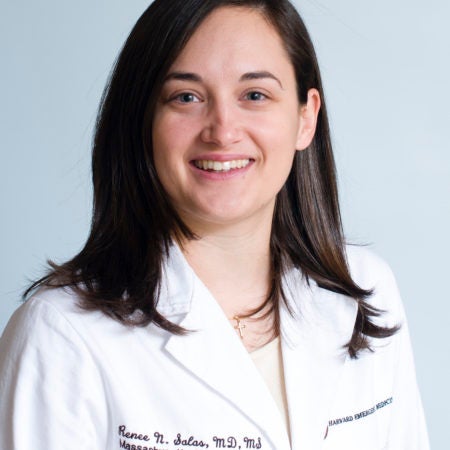Dr. Renee N. Salas is Affiliated Faculty at the Center for Climate, Health, and the Global Environment at Harvard T.H. Chan School of Public Health and a previous Yerby Fellow. She is also Affiliated Faculty and previous Burke Fellow at the Harvard Global Health Institute and Affiliated Faculty at the Department of Global Health and Social Medicine at Harvard Medical School. She is an emergency medicine physician in the Department of Emergency Medicine at Massachusetts General Hospital and Harvard Medical School.
Dr. Salas leads endeavors with the world’s top general medical journals. She spearheads The New England Journal of Medicine (NEJM) Group’s Climate Crisis and Clinical Practice Initiative and serves as a guest editor for the NEJM Group series entitled “Fossil-fuel Pollution and Climate Change.” She was the lead author of the cornerstone Interactive Perspective for The New England Journal of Medicine that launched the journal’s climate crisis and health topic page and continues to contribute content. Dr. Salas is also a member of the global Lancet Countdown on Health and Climate Change, serving as the lead author of the Lancet Countdown Brief for the United States between 2018 to 2021 – moving to senior author in 2022 – and founded and leads its U.S. Working Group of over 80 U.S. organizations.
Dr. Salas was elected to the National Academy of Medicine (NAM) in 2021 for her work on climate change and health, an honorific society that is considered one of the highest honors in the field of health and medicine. She served on the original planning committee for the NAM’s Grand Challenge on Health and Climate Change and continues to serve on committees related to this work. She has testified before Congress for the full House Committee on Oversight and Reform on how climate change is harming health.
Dr. Salas lectures and serves on committees at the nexus of climate and health internationally and nationally, advises and publishes in high-impact journals, and her work and expertise are regularly featured in mainstream media outlets like the New York Times, NPR, Time, and the Associated Press. She engages in research on how climate change is impacting the healthcare system and developing evidence-based adaptation. She also strives to engage across a diverse range of sectors, and frequently speaks at high-level engagements. Her work also spans disciplines, such as collaborations on Amicus Briefs for Juliana v. United States and a response letter to the Environmental Protection Agency’s proposed transparency rule.
She is the founder and past Chair of the Society of Academic Emergency Medicine (SAEM) Climate Change and Health Interest Group and founded and led their first pre-conference workshop on the topic. She gave the first national emergency medicine conference presentations on climate change and health at the SAEM and American College of Emergency Physicians annual meetings.
Dr. Salas has been the recipient of a range of honors and awards, such as the national SAEM Public Health Leadership Award and the Network for Excellent in Health Innovation Innovator in Health Award. She is also the recipient of the Clinician-Teacher Development Award from Massachusetts General Hospital and the Shore Fellowship from Harvard Medical School.
Her Doctor of Medicine is from the innovative five-year medical school program to train physician-investigators at the Cleveland Clinic Lerner College of Medicine with a Master of Science in Clinical Research from the Case Western Reserve University School of Medicine. Both institutions later awarded her with Early Career Leadership Awards for her outstanding career achievements. Her Master of Public Health is from Harvard T.H. Chan School of Public Health with a concentration in environmental health. Dr. Salas received her undergraduate degree from Saint Mary’s College, which later recognized her as a prestigious Shannon Scholar for exceptional alumna.
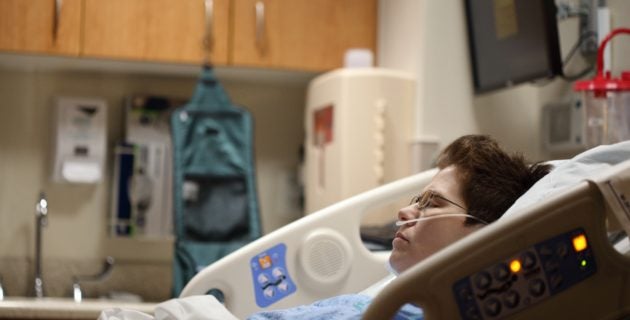
Climate change is already making us sick
Gina McCarthy and Renee Salas discuss the urgent need for climate action in a time where health impacts of climate change are in full force.

The climate crisis will profoundly affect the health of every child alive today, report says
We need climate action to keep us healthy and safe, especially children. Dr. Renee Salas discusses the Lancet Countdown 2019 report on climate and health.
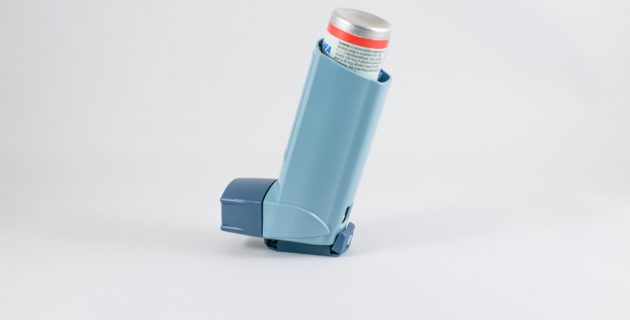
How climate change is clobbering kids' health
Burning fossil fuels affects a child from the womb onward. Read why Dr. Renee Salas thinks climate action can make kids safer and healthier.
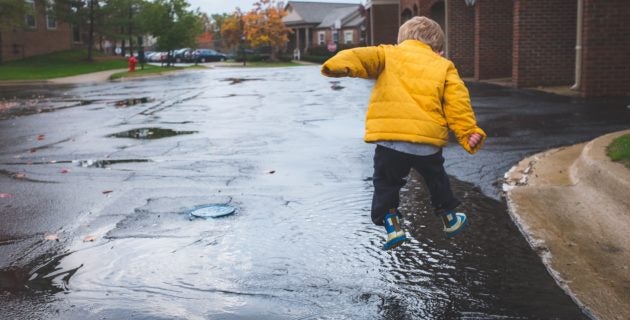
Climate change will fundamentally shape the lives of children born in 2019
From extreme heat to flooding, climate change disproportionately harms children.

Why climate change poses a particular threat to child health
Dr. Renee Salas stresses the dangers that climate change impacts like extreme heat have on vulnerable populations and the need for action.

Doctors: Warmer world is unhealthier place for children
Renee N. Salas discusses the health crisis stemming from climate change. Read more about the impacts and who feels them the most.

2019 Lancet Countdown on Health and Climate Change: Policy Brief for the U.S.
Every child born today will be affected by climate change. How we respond will shape the health of children across the globe.

Climate change is already damaging health of world’s children, threatening lifelong impact
Without radical emissions reductions, climate change will define health for generations.

Why physicians see climate change as a health emergency
Research Fellow Renee Salas on how climate change disrupts patient care.
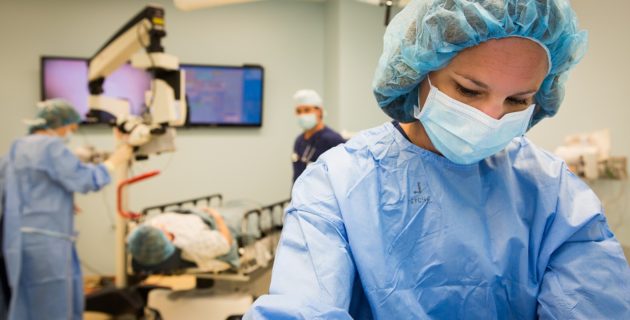
Climate change threatens the achievement of effective universal healthcare
Minimizing the health harms of climate change will only be achieved through an integrated agenda and aligned solutions.

